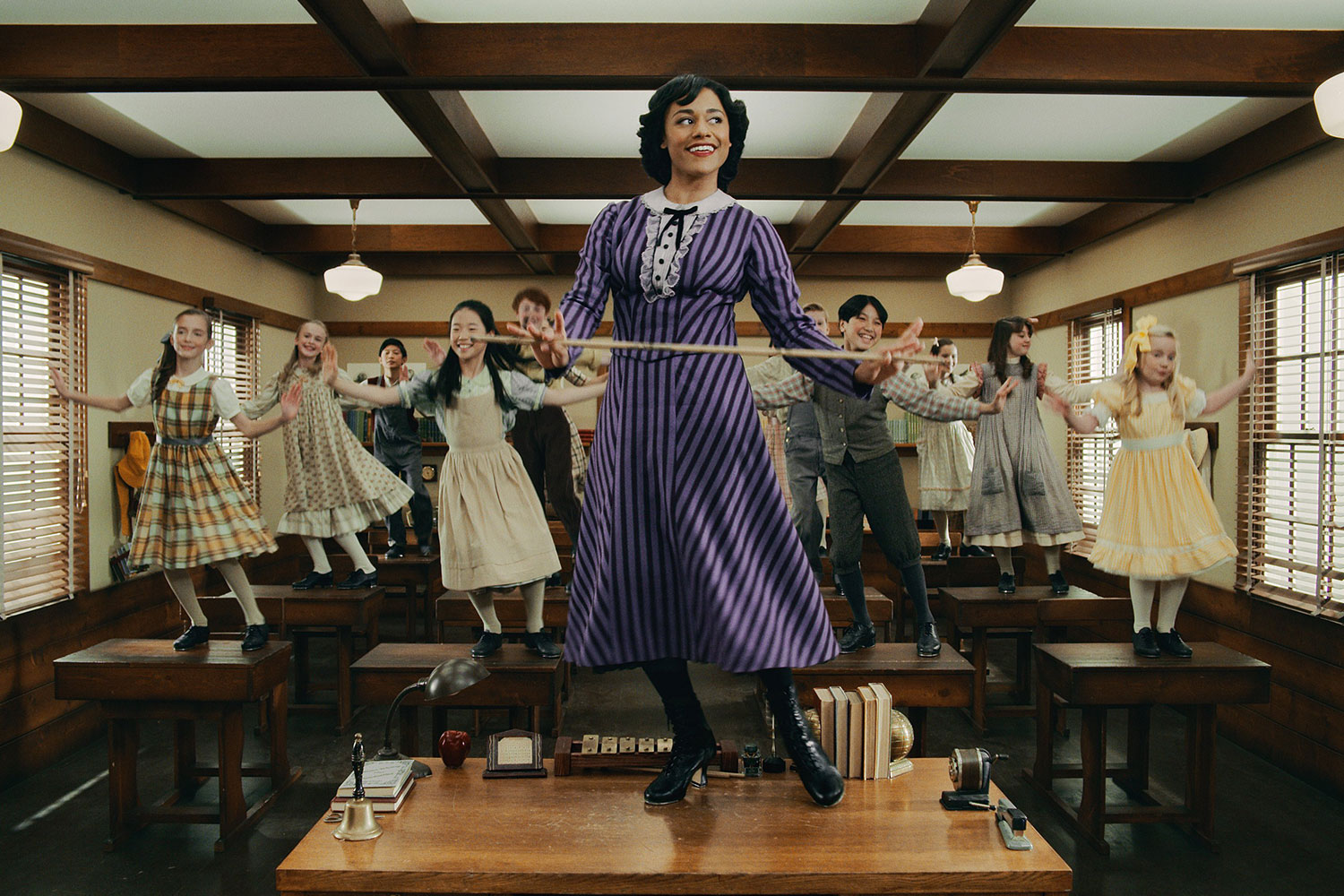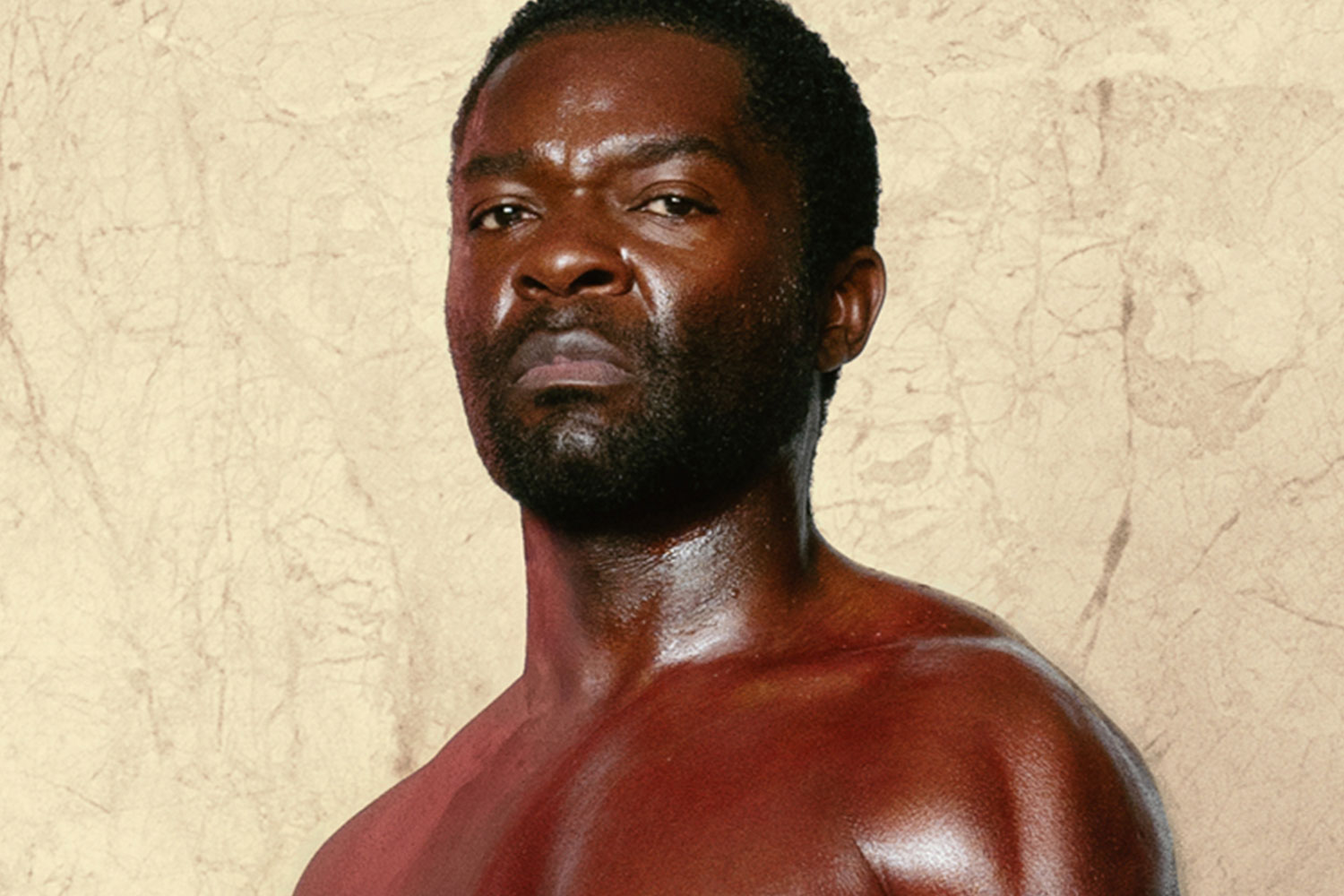Journey’s End (Plymouth)
David Grindley’s award-winning production of the classic Journey’s End is an atmospheric and absorbing account of a few days in the rat-infested trenches in 1918 St Quentin, Aisne.
Based on playwright RC Sherriff’s own First World War experiences, this is quite an eye-opener.
Acclaimed as an accurate portrayal of life in the dug-outs, Journey’s End opened in 1928, starring a young Laurence Olivier}, to sell-out houses of those for whom the war and its effects were still in recent memory. It went on to spawn many productions and a film, and inspired writers including [Noel Coward.
For Grindley’s tour, Jonathan Fensom’s set is a realistic gloomy dug-out used by the officers for living, eating, existing, sleeping and planning. Sharing the space and the duties are the wise Uncle (Dominic Mafham), the jolly Trotter (Christian Patterson) and the would-be deserter, the petrified Hibbert (Simon Harrison).
Captain Stanhope (a sensitive performance of a complex character by youngster James Norton) is just 21 but after three intensive years at the frontline he commands his company with courage, maturity and understanding drawing respect from his men and officers alike.
The consummate soldier, he is fuelled by whisky which allows him to forget those at home and control his abject fear of what awaits beyond the dug-out curtain.
That is until his childhood friend, the vulnerable but keen18-year-old Raleigh (Graham Butler), joins his company and pierces the veil drawn over reality and all that is held dear.
Slow-paced and to some extent predictable, Journey’s End is a slice of life as it was. The mundane in the most extraordinary circumstances: the disappointment of tinned apricots instead of the promised pineapple, onion-tinged tea, letters home and wet socks, the arbitrary ordered raids with inevitable outcome, the yawning silence and the awful bombardments.
Long at 2 hours 40 minutes (including interval) but a thought-provoking and tear-jerking celebration of unsung heroes.










